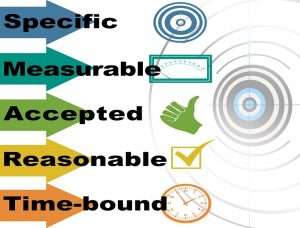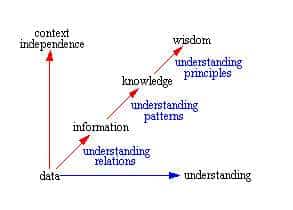What Drives Organizational Performance?

Organizational performance is occurring at many organizations throughout the world. Yet people constantly ask about how to get started motivating better performance. How do you get your organization moving in a direction of continuous improvement to achieve organizational performance? What drives organizational performance?
Drivers of Organizational Performance
Organizational performance does occur at many levels in the organization. The drivers of business performance and quality improvement vary from a strong management commitment, to actions plans, and user focus. Here are the top ten drivers of Organizational performance.
Management Commitment
First off, you have to have management commitment for an organization to perform. The obvious question then is how does top management show commitment to change and improvement to achieve your performance goals? The answer is about inspirational leadership and good communication. To be an inspirational leader, one needs to be a great communicator. Management commitment takes both leadership and good communication.
SMART Objectives
Second, it takes SMART Objectives. In order to achieve organizational performance, planning by management must result in clearly defined objectives that the organization can work towards. The desired organizational performance has to be clearly communicated and understood by everyone.
Organizational Performance Requires Action Plans
Third, in order to achieve organizational performance, the SMART objectives will require operational action plans with accountability and responsibility for each action. This means the Who-What-When is spelled out for proper execution.
User Focus
Fourth, you will need a user focus. Defined customer requirements, an understanding of the voice-of-the-customer — your customer, and a method of constantly integrating your customer’s requirements into your processes is definitely a driver of organizational performance and improvement.
Profound Knowledge
Fifth, there has to be profound knowledge, which results in your ability to anticipate results. Really understanding your customer, your markets, and your processes lead you to anticipating what your customer needs next. How do you reach this state?
6. Management By Fact
Sixth, you will need to learn and implement management by fact, which will lead you to profound knowledge. Collect the facts from data, use the data to derive information, and obtain knowledge about your customers, markets and processes to achieve organizational performance.
7. Real-Time Data
Seventh, in order to manage by fact, you will need the facts in the form of Real-Time Data. Your processes will require increased visibility  and transparency. Real time data is needed to build a strong competitive advantage in your drive for organizational performance. The longer you delay in getting data, the slower your reaction time is and the less competitive you become.
and transparency. Real time data is needed to build a strong competitive advantage in your drive for organizational performance. The longer you delay in getting data, the slower your reaction time is and the less competitive you become.
8. Change Management System
Eighth, with so much going on you will need a good change management system that can document and control all of these changes. This will build on your system of improvement, management by fact, and lead you to greater profound knowledge, which is the only way to get to organizational performance.
9. Internal Audits
Ninth, Execution Audits, internal audits or process audits. Either way you will require a system of monitoring to ensure that the system is working, that your change management system is effective, and that you are in fact achieving progress towards your SMART objectives and organizational performance.
10. Continuous Learning

Tenth, still unsure of where to start? Then continuous learning is needed to build your knowledge management. No improvement will take place unless knowledge is identified, acquired, shared, and used. Training, learning and practice are crucial to build competence.
Driving Organizational Performance
Your financial performance will improve now that you have a better idea of how to get started moving your organization toward continuous improvement and toward your goal of organizational performance.















Very crucial to let staff understand processes that create value for customers in the business. Comes out as a knowledge based approach to business management. It’s profound and fundamental to successful business or organisational performance as it were. Appreciate it .
Good staff.